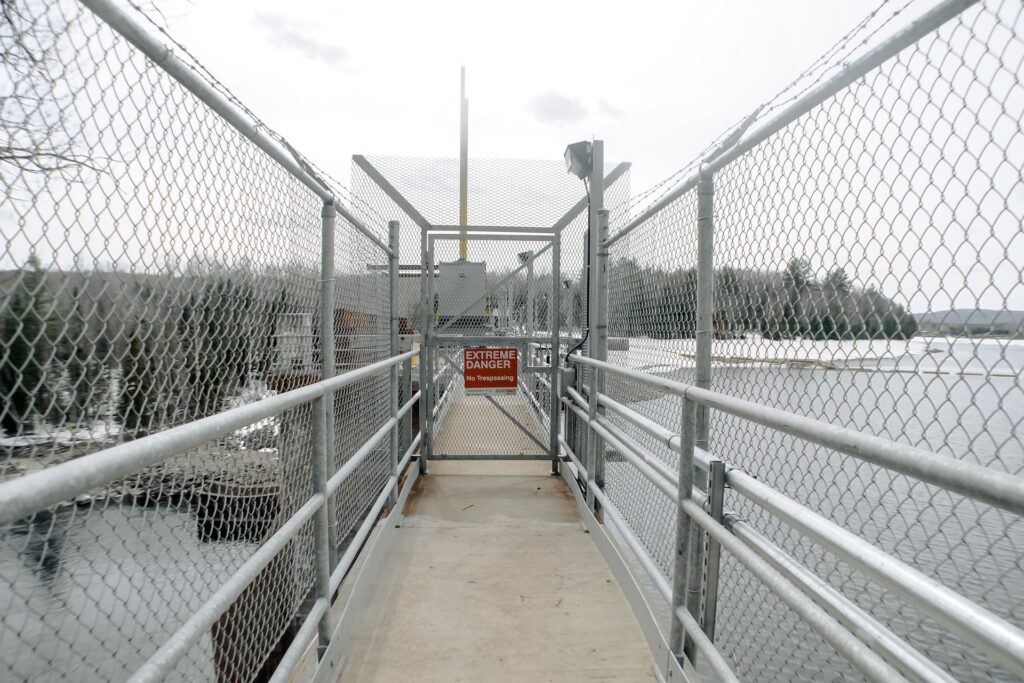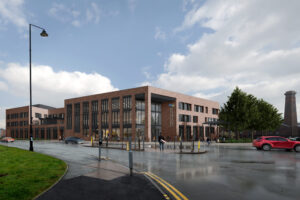The Types and Applications of Metal Fencing

A fence marks the boundaries of a property. At the same time, a fence secures it. Today, the most favoured fencing material is metal, which is strong, durable, flexible, and almost maintenance-free. However, since metal fencing is suitable for different applications, commercial property owners must choose the right type of metal fence for their specific project.
Why a metal fence is an excellent choice
Metal lasts for a long time. It is sturdy and weather-resistant. Metal is strong and can retain its original properties even if used for a long time. With the correct maintenance, metal becomes cost-efficient because it requires very little maintenance and repair. Moreover, there are several affordable options, so it fits most budgets.
The only limitations that affect a commercial property owner’s choice of metal fencing are style, material, and size.
Types of metal fences
Several fencing contractors around Wales provide high quality services similar to fencing contractors Nottingham. They all manufacture different types of metal fences using various types, sizes, styles, and designs. Therefore, it is critical to choose the correct metal fence based on the needs of the commercial property.
- Aluminium fences are often used in commercial properties. It is a good choice because aluminium is resistant to corrosion. Aluminium fences are suitable for commercial properties where the owners do not have to worry about water exposure, such as around swimming pools. The material does not contain iron. Therefore, it is not susceptible to corrosion and rust. Aluminium is lightweight and recyclable. With regular maintenance, an aluminium fence could last for about thirty years.
- Wrought iron. Wrought iron is a good choice if the commercial property owner wants more kerb appeal. It is durable, although it is more expensive. Wrought iron fences provide a classic look. It provides a strong barrier for the property and, at the same time, gives the site a decorative and elegant style. Moreover, it still provides excellent visibility to the property. As the fencing material contains iron, it is often powder-coated to protect the materials from sun and rain. Powder coating is more durable compared to regular paint. However, the coating can crack; thus, it requires routine inspection and repair to prevent the material from rusting.
- Steel is a stable material that will not lose its inherent properties even if recycled repeatedly. As a result, it is the most common choice for industrial properties because it is strong and durable, and nearly impervious to damage. Further, steel fencing is adaptable and suitable for installation on flat, sloping, or hilly grounds. You can visit rtcfencing.co.ukif you need steel security fencing and want to know what type will be perfect for your commercial property.
- Chain link. Chain link fence, which is made from galvanised steel wire, has been around for ages. However, newer materials, such as welded mesh fences, slowly overshadowed its popularity. Chain link fence is inexpensive, low maintenance, and easy to install. However, many property owners think chain link fences are unsuitable for high-security areas. Further, the material is not visually appealing and could sag and become loose over time.
If property security is a priority, metal fences are the right choice. Talk with an expert to ensure that you pick the type of metal fencing that fits the security requirements of your commercial property.
Image credit: Pexels





